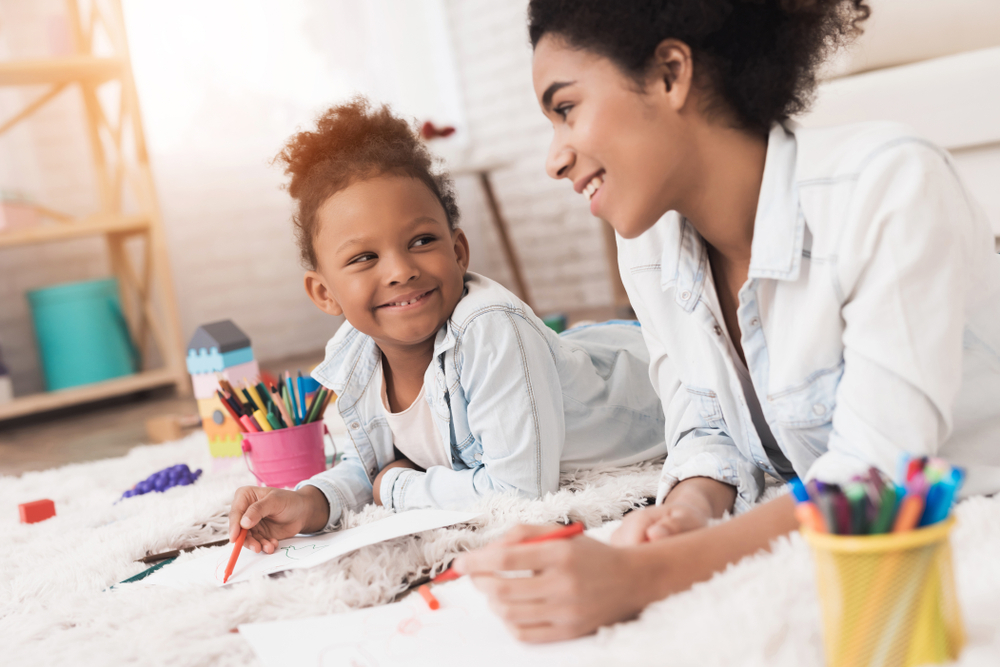A child grows up with music, and it becomes a part of their life. A gentle lullaby to go to sleep! A lyrical poem to make them stop crying and their mother is singing happily around them. So there is defiantly a link between music and brain development in early childhood. We should not underestimate the importance of learning music for kids.
Let us emphasize on various benefits of your kids getting associated with music at an early age:-
- Music and its Influence on Behaviour
Are you wondering how does music affect children’s behavior? It’s a vocational skill, not a behavior class! Let us tell you how wonderfully music shapes good behavior in kids. Learning to sing or play instruments in childhood make kids creative and thoughtful. It will affect their confidence positively by providing them with personal satisfaction.
According to Experts, you should enrol your kids in a music class before the age of seven. The complex process of learning music improves their patience level and coordinating skills. Playing a musical instrument and singing produce a relaxing and comfortable aura. All these reflect in their behavior, making them calmer, polite, and poised.
- Psychological Effects of Music on the Brain
Music is beneficial for all age groups. But it is great for kids, as they are in their formative age. Their brain grasps and understands with much more velocity than an adult. Various scientific studies prove that music has a direct effect on the brain. It is confirmed through a survey by the NAMM foundation that learning to play a musical instrument improves maths in kids.
Learning music improves reading ability, motor skills, memory power, focus, emotional quotient, and overall mental capabilities. Toddlers can learn to recognize sounds and words quickly through music. Many parents specially mention the positive effects of classical music on the brain.
- Role of music in Academic Success
We explained earlier how music sharpens kids’ brains. An intelligent child will naturally perform well in academics. Their exceptional reading ability, memory power, and comprehensive skills make them stand out from other kids.
They are confident and cheerful, and less stressed. Therefore they take studies as a challenge rather than a burden.
- Impact of Music on Social & Emotional Development of Kids
Playing an instrument or singing provides creative satisfaction to kids. It results in improved self-esteem. Playing music also provides joy and peace. A happy, relaxed, and confident child will thrive in social conversations. They are not cautious about facing the world. When you know music, people invite you more to events and parties. And there is always a demand for performance.
Music makes kids more sensitive to others. It stimulates the emotional side of their brain. Their ability to empathize with other kids will increase with better emotional intelligence.
- An Edge to Pursue Music Professionally
Music plays a constructive role in enhancing brainpower, academics, social, and emotional skills. But apart from all these benefits, music can be a lucrative career too. There is always a need for a good musician in the entertainment industry. Their exposure to music can start right from when they are in their mother’s belly. Studies prove that kids grab sound from theirmother’s stomach as well.
If your kid is exposed to music early, he or she will be proficient by adulthood. They will have the edge over other people who realize music as their passion later.
Takeaway!
There is, of course, no downside of introducing kids to music and a lot of benefits, as mentioned above. Thus you shouldn’t delay the exposure of your kids to a beautiful and enriching musical experience.
Author Bio:
Reema Krishnan –
Reema Krishnan is a content creator at Acharyanet, a platform for Carnatic music learners where they can learn music from gurus through 400+ video lessons. Being a music enthusiast and a history buff herself, she is able to provide value for her readers and her content is well-received by musicians, music lovers, and music learners of all ages and at all stages. She loves to volunteer with music therapy groups and bakes up a storm in her free time.


